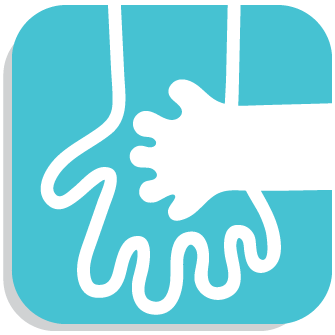Social and Emotional Development

Social-emotional development refers to a child’s ability to identify feelings, self-regulate and build relationships.
High-quality relationships correlate to positive outcomes for young children (Shonkoff, 2004). Brain research verifies that emotional and cognitive development are interrelated (Bell & Wolf, 2004). Young children who have strong social and emotional development are more likely to have good academic performance in future schooling (Cohen, 2005). Therefore, Experience Curriculum integrates a social-emotional component into each lesson plan.
Social-Emotional skills and goals integrated within Experience Curriculum:
1 Self-Concept
1.1 Expresses preferences
1.2 Takes responsibility
1.3 Identifies and manages feelings
2 Self-Direction
2.1 Follows rules and routines
2.2 Maintains attention
2.3 Transitions and adapts
3 Social Relationships
3.1 Builds positive relationships
3.2 Cooperates
3.3 Cares for and responds to others
